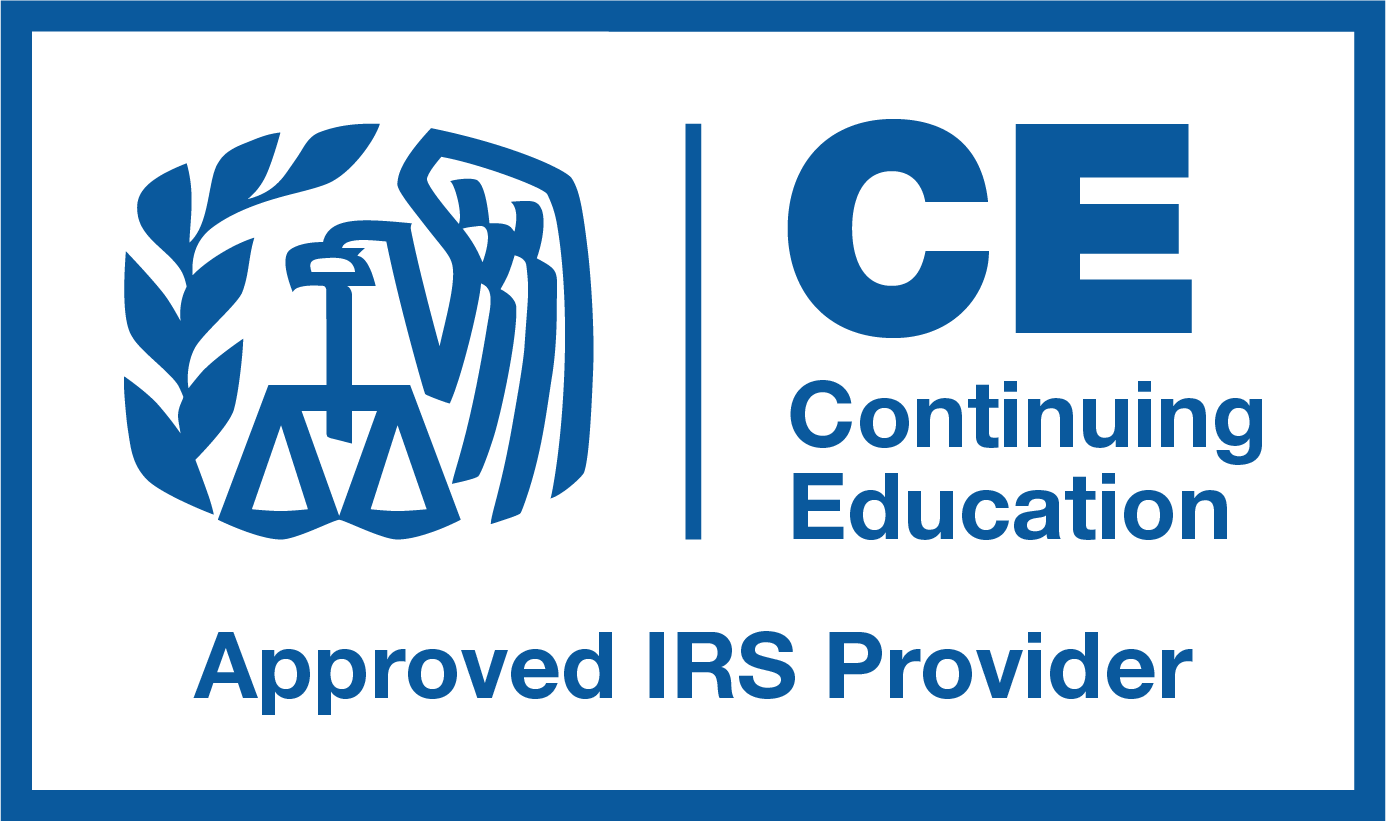Many parents of teenagers can wonder how (or whether) their teen's first job will affect their income taxes. Are they on the hook for taxes owed if the teen is claimed as a dependent? What happens if the teenager doesn't file a tax return? Read on for answers to some common questions parents may have about teen wage taxation.
Must Teens File Tax Returns?
In most cases, a teenager’s summer earnings will fall well below the tax liability threshold, which means they shouldn’t owe the IRS or their state any additional taxes. But some teens may be due to a federal or state tax refund because of over-withholding; this means it’s usually a good idea for your teen to go ahead and get into the habit of filing an income tax return.
If a teen is a taxpayer's dependent and has an earned income of less than the standard deduction ($12,000 for the tax year 2018), they won’t be penalized for failing to file a tax return. On the other hand, federal income tax returns are expected of teens with earned income of more than $12,000 or unearned income of more than $1,050. (Because unearned income over $1,050 is taxed at the parents' rate, not the child's rate, reducing this tax revenue wherever possible can be beneficial.)
Teens Can Benefit From Their Unique Tax Status
Another way teenagers can benefit from their relatively low tax rate is by contributing to a Roth IRA. For the 2019 tax year, wage-earners can contribute up to the $6,000 limit or the equivalent of their total annual W-2 or 1099 earnings in 2019, whichever amount is lower.
By contributing this money post-tax now, teens can set themselves up for tax-free withdrawals at retirement or tax- and penalty-free withdrawals of their initial contribution once the account has been open for five years or longer. Giving this money 40 years or more to grow can make a major difference in one's retirement finances, even if the amount invested is quite modest.









